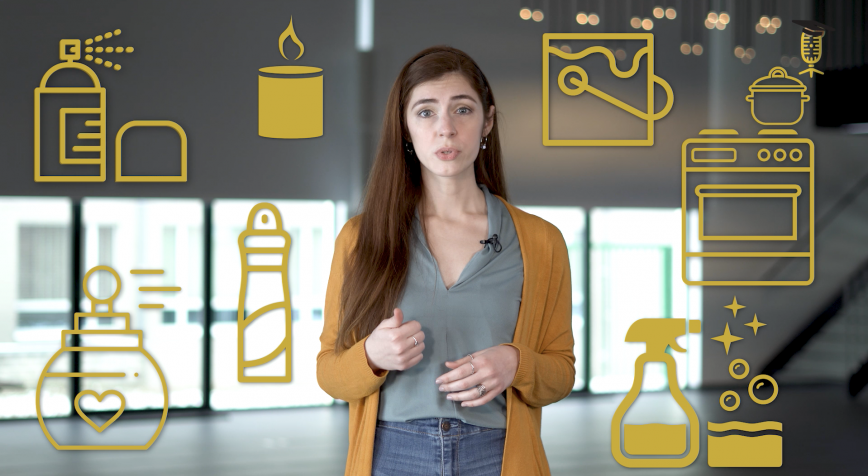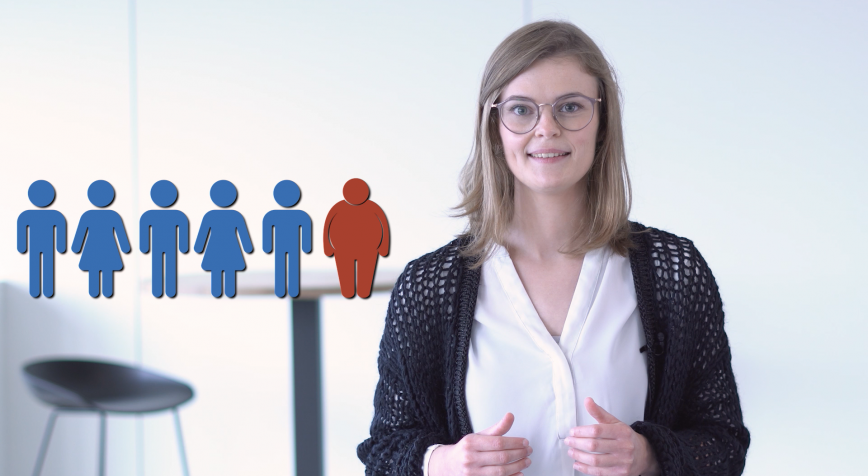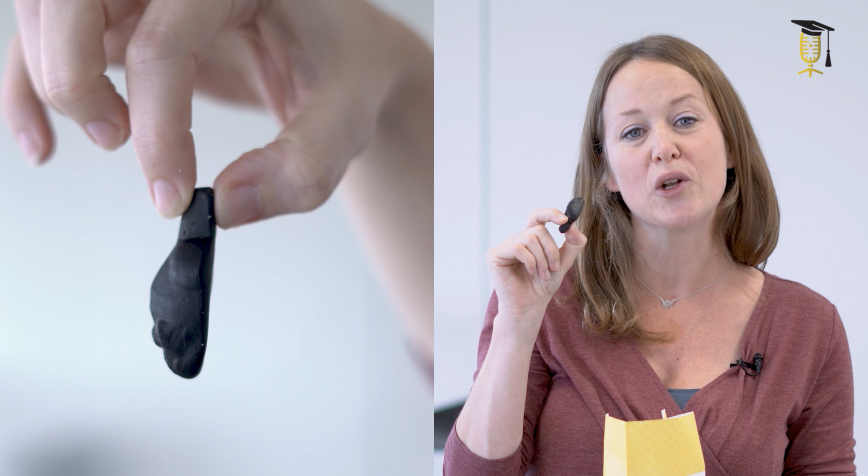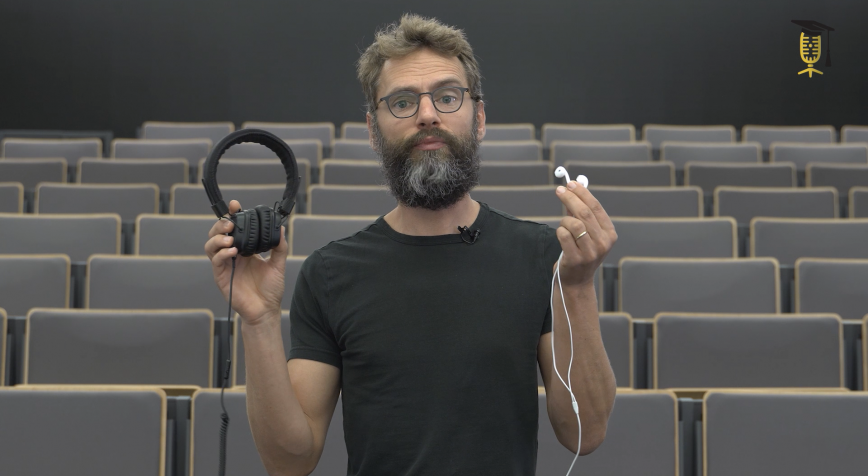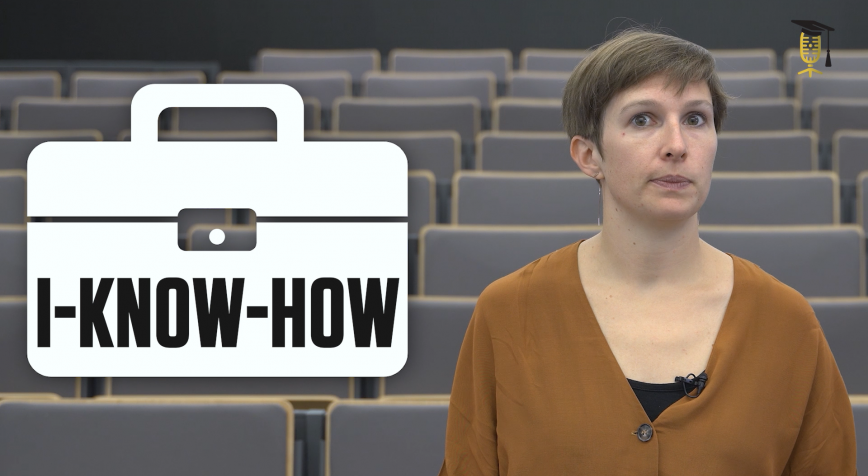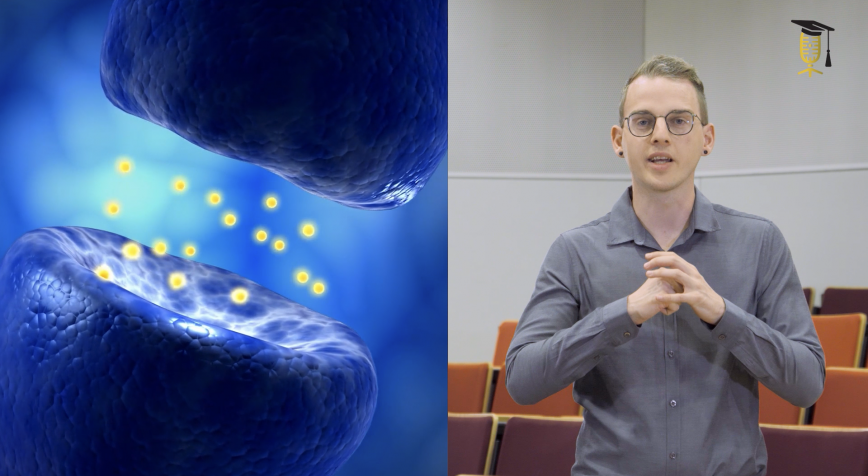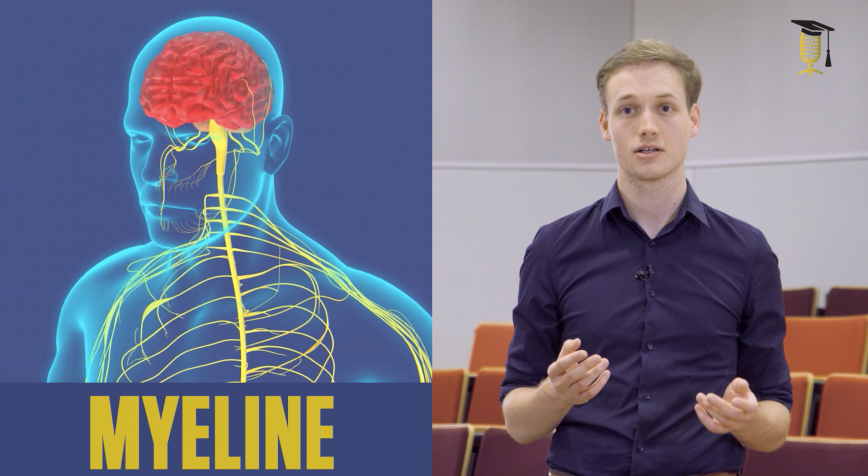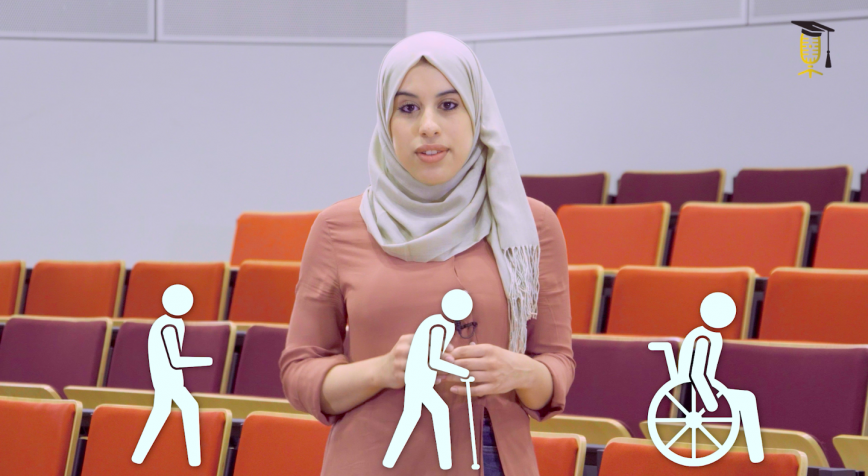
FWO
UGent
VITO
Nanoparticles in your sunscreen
When you enjoy a day on the beach, you want to make sure to wear sunscreen to avoid sunburn. But did you know that quite a few sunscreens contain nanoparticles to help protect your skin from the sun? The use of nanoparticles is strictly regulated and only a limited amount can be used. Milica Velimirovic (VITO) is developing a new & fast analysis method to measure nanoparticles and their quantity in sunscreen.

